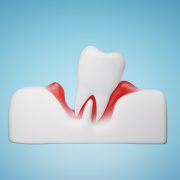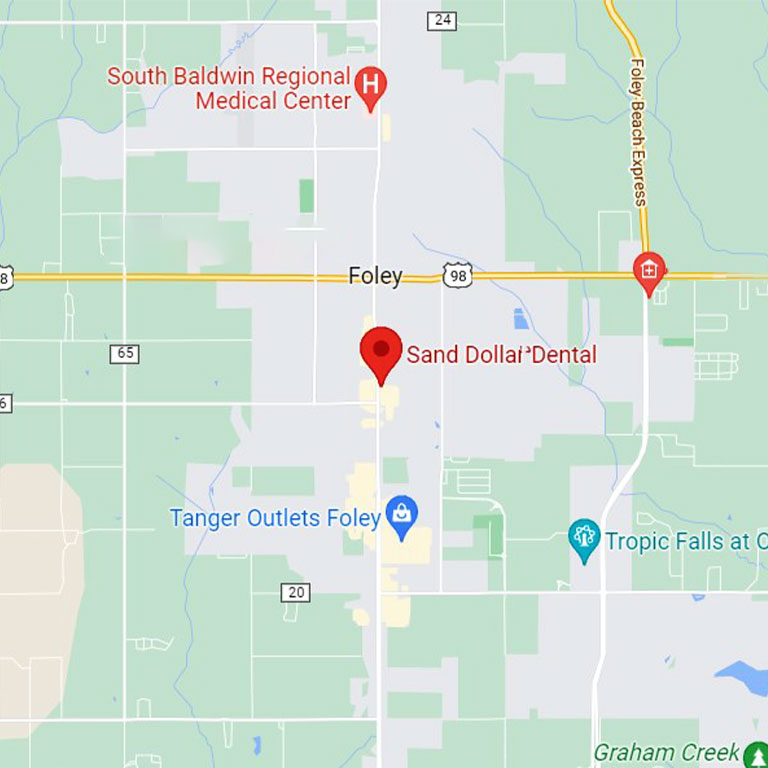3 Signs of Gum Disease to Watch Out For
Gum disease is a condition that can cause embarrassing and unpleasant dental problems. If gum disease goes untreated, you can lose volume in your jaw bone, and eventually, you may even lose your permanent teeth. If you have gum disease, it’s important to see your dentist in Foley, AL. At Sand Dollar Dental, we help patients identify their gum disease and determine next steps for treatment. If you have gum disease, here’s what to know.
What Is Gum Disease?
Gum disease is an infection in your gums. Gum disease can cause your gums to become uncomfortable and inflamed. If gum disease is allowed to progress, your gums may deteriorate so much that your jaw bone and teeth will suffer consequences.
Signs of Gum Disease
Your dentist at Sand Dollar Dental will be the one to tell you if you have gum disease. However, you’ll be able to spot some of the symptoms on your own, before you ever go to the dentist. Some signs to watch for include:
- Bad breath. If you have gum disease, your breath may be bad even after you’ve brushed your teeth.
- Receding gums. As gum disease progresses, your gums will start to draw away from the base of your teeth.
- Puffy, bleeding gums. Your gums may become inflamed, and this may lead them to become puffy. Your gums may also bleed if you brush your teeth.
How to Avoid Gum Disease
The best way to avoid getting gum disease is to visit your dentist regularly for dental checkups in Foley, AL. Call the dentist at Sand Dollar Dental today to make an appointment.




